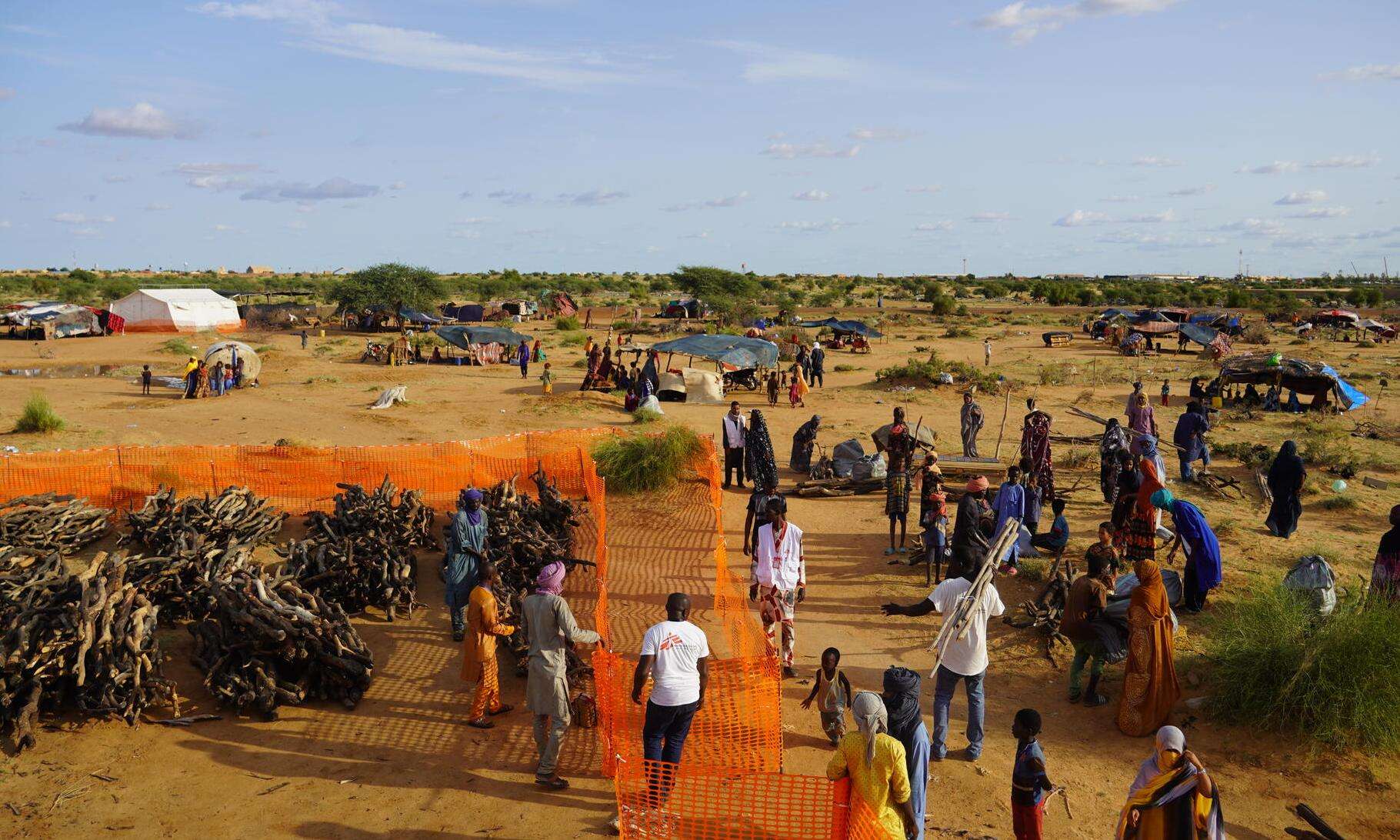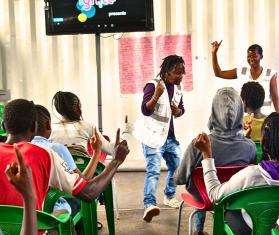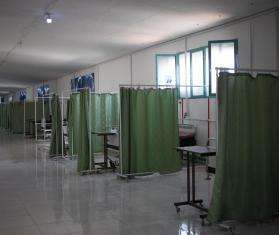The intensification of violence between rival groups in central and northern Mali is restricting people's access to health care, Doctors Without Borders/Médecins Sans Frontières (MSF) warns.
The violence has arisen due to conflict between the Malian army, with support from its Russian partners, and non-state armed groups in central and northern Mali.
During the last week of November, MSF had to evacuate our teams from Nampala to the town of Niono in the Ségou region because we were no longer able to ensure their safety. Members of the local community, including MSF patients and staff, informed us of deaths and wounded people in the villages and hamlets of Toulé and Toladji. MSF was the last medical organization still operational in Nampala.
"In recent weeks, we have had to evacuate some of our teams and partially put on hold certain medical activities in the Ségou and Timbuktu regions,” said Aissami Abdou, MSF operations coordinator. “When MSF started operations in Toulé and Toladji, some people told us that they hadn’t seen a doctor for seven years. We are often the last humanitarian organization to work in sensitive areas. When MSF decides to leave, it's because the situation has become very critical. We are concerned for people who are not part of the conflict but are nevertheless exposed to the violence and whose access to health care is compromised.”
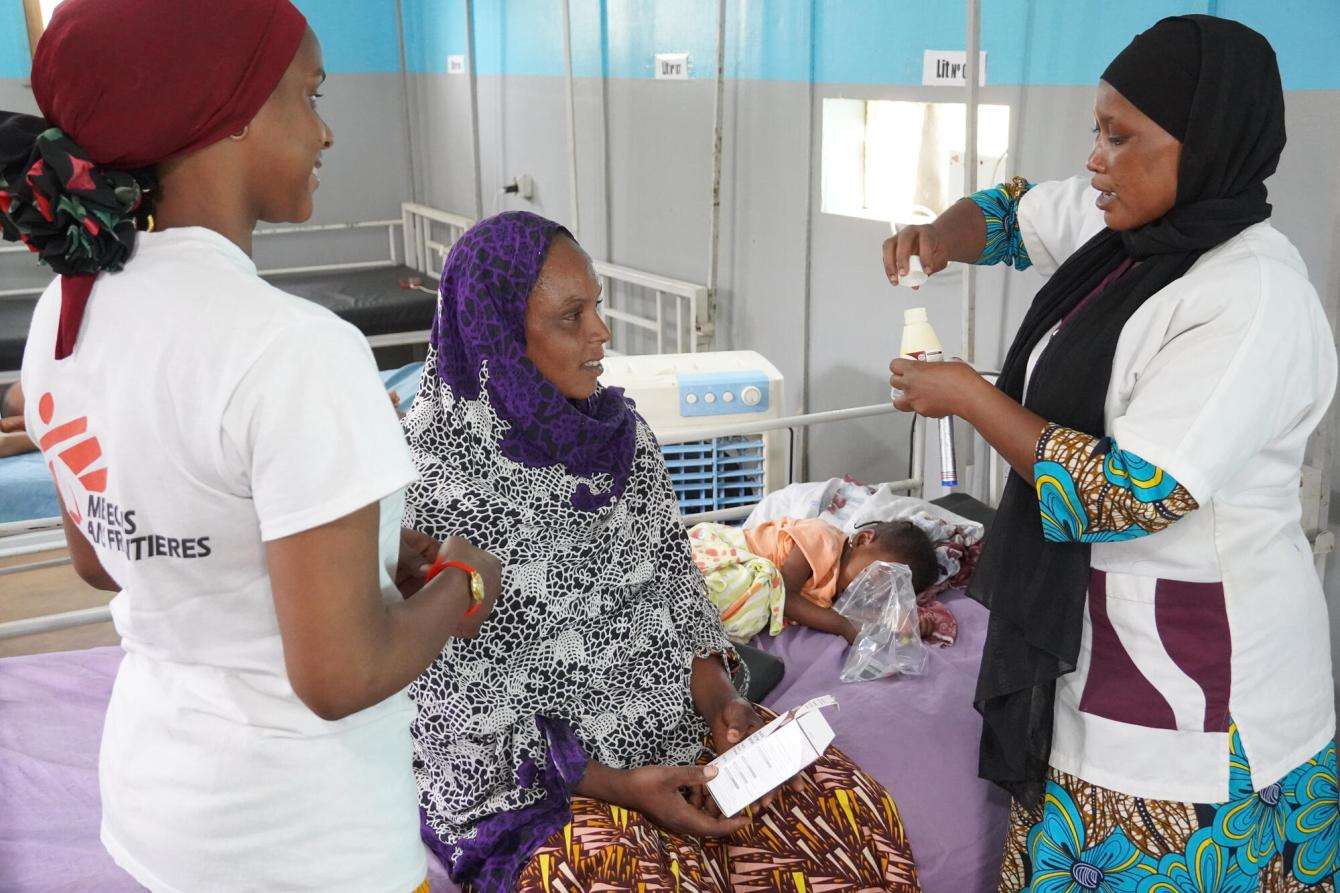
The impact of violence on communities in Mali
In recent months, other episodes of violence have also made health care harder to reach.
From August to December 2023, the non-state armed group Jama'at Nusrat al-Islam wal-Muslimin (JNIM) prevented goods and basic necessities from entering Timbuktu. The city and its surrounding areas were almost inaccessible by land and river. As a result of various attacks and threats, the authorities issued a curfew, and the cost of living rose while food and fuel rations were cut.
"This town’s isolation has also had an impact on some of MSF's activities," said Jean Jacques Nfon Dibie, MSF project manager in Timbuktu. "Because of the difficulty of access and lack of security, MSF has had to limit activities and movements, evacuate some staff, and contend with the problems of medicine supply, logistical equipment, and fuel. Some medical supervision has been temporarily suspended. This has had an impact on our activities.”
In Niafounké, also in the Timbuktu region, MSF and Ministry of Health teams treated 29 wounded patients in the hospital's emergency department following an attack on a military camp on November 24. To treat the wounded, MSF helped to triage patients according to the seriousness of their condition and provided medicines and medical material.
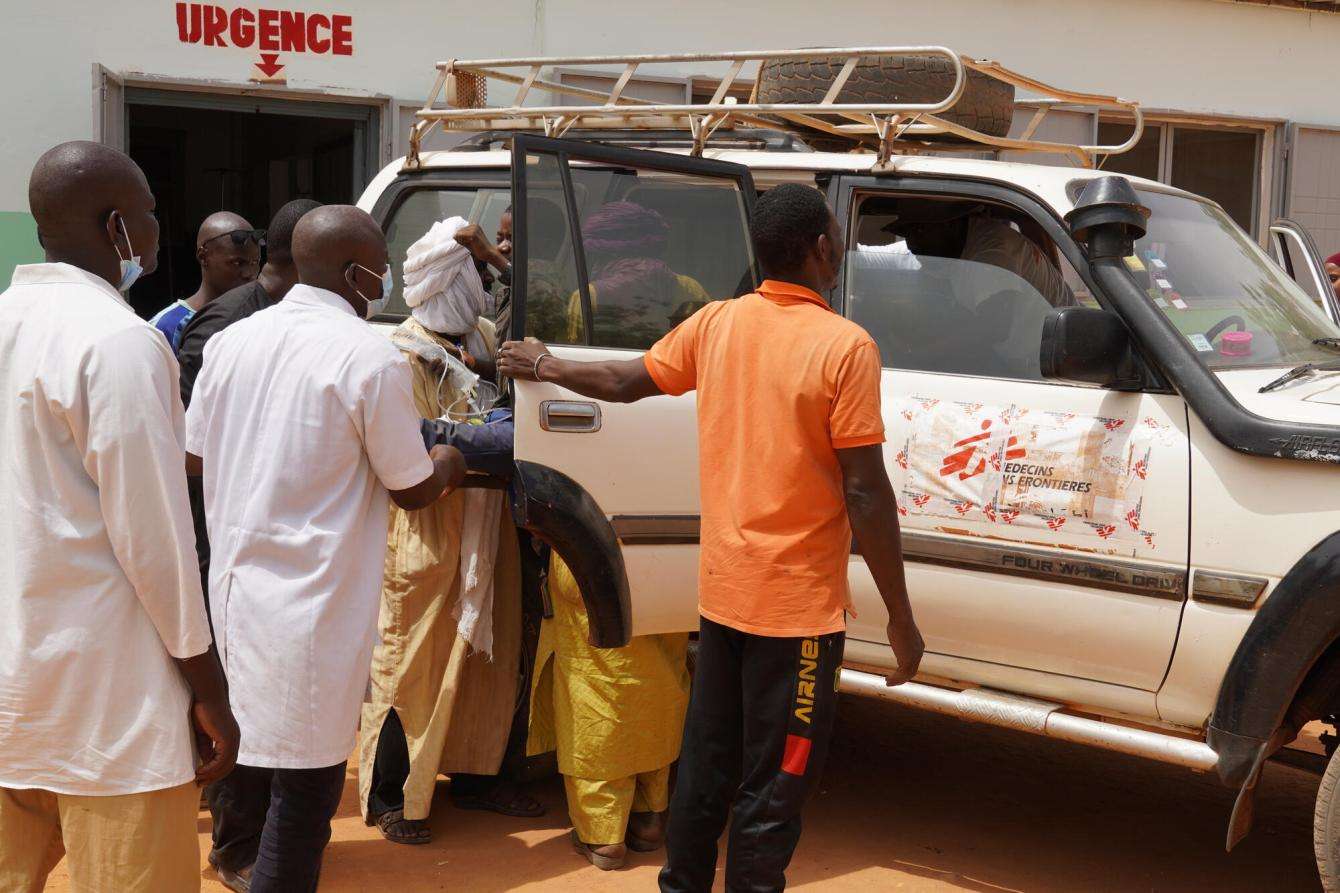
Security threats to MSF staff and activities
In September, an MSF vehicle transporting a medical referral from Hombori to Douentza was shot at in Mopti. The vehicle was carrying a pregnant woman who, due to complications, had been referred to Douentza Hospital. The pregnant woman was accompanied by her mother, who was killed, while she and two other passengers were injured.
Fatal accidents involving explosive devices are also becoming increasingly frequent. On the night of October 22 to October 23, three vehicles returning from the market were blown up by explosive devices at three different locations on the Gossi-Hombori road in central Mali. Eight people were killed and around forty injured, including 11 with serious injuries, all of whom were admitted to the Hombori community health center where MSF teams work.
The general security situation in central and northern Mali is worrying. The violence is impacting communities and people find themselves trapped. It’s also impacting MSF.
"We remind all parties to the conflict that our staff, ambulances, and health structures must be respected and spared,” said Abdou.
MSF’s work is guided by universal medical ethics, particularly the duty to do no harm and assist any person in danger with humanity, impartiality, and respect for medical confidentiality. Our medical activities must be preserved. People who need care must be treated.
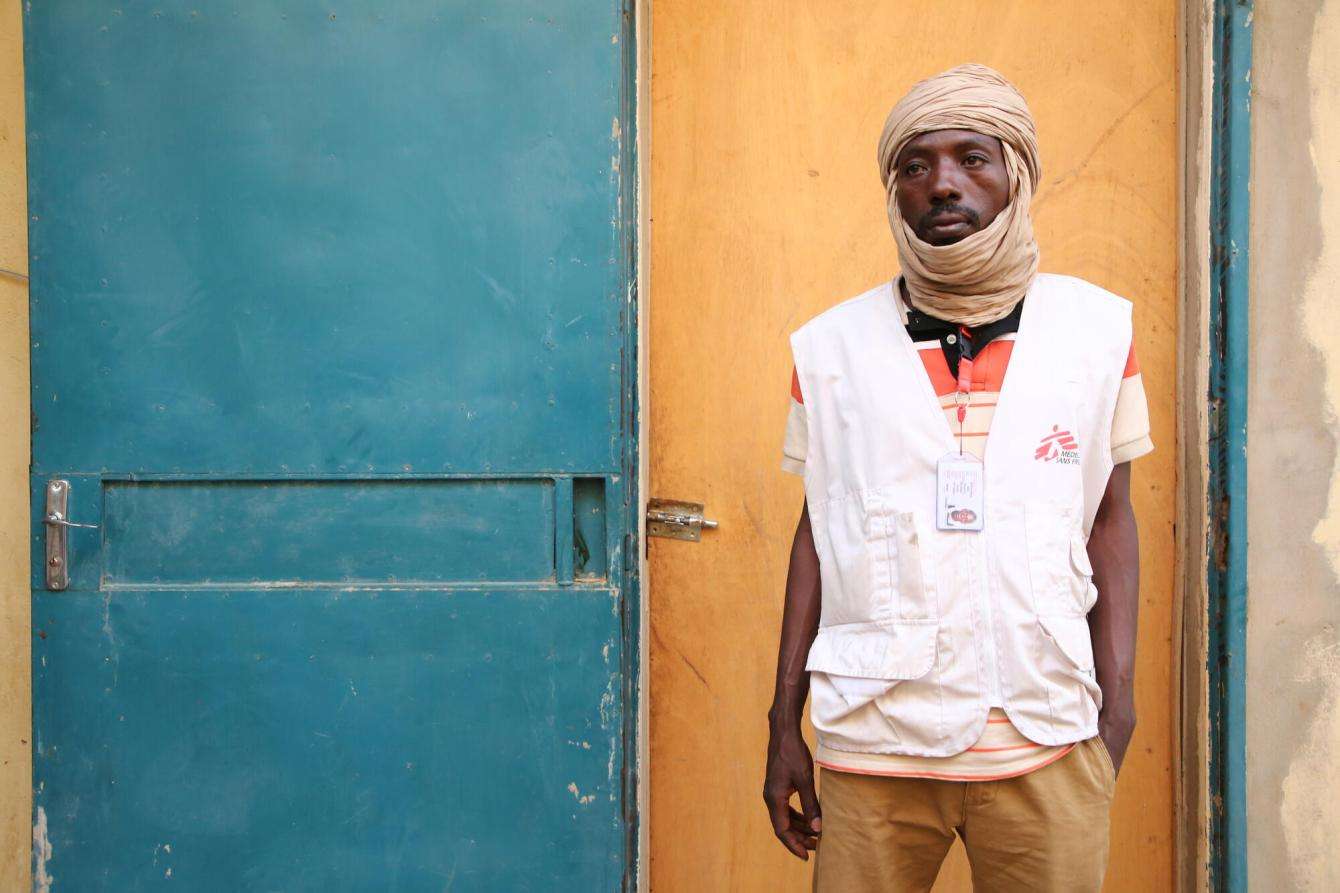
About MSF’s work in Mali
MSF has been present in Mali since 1985. In 2022, MSF carried out 552,800 outpatient consultations, hospitalized 68,000 people, performed 1,830 surgical operations, and treated 900 people for intentional physical violence and war wounds in the country.
MSF currently runs regular projects in the regions of Kidal, Gao (Ansongo), Timbuktu, Niafounké, Mopti (Ténénkou, Douentza, and Koro), Ségou (Niono) and Sikasso (Koutiala), as well as in the capital, Bamako. We also provide a wide range of emergency services to meet the major needs of people across the country.
Our services include maternal care (consultations, deliveries, and Caesarean sections), pediatrics, neonatology, mental health, disease prevention (vaccination and health promotion), cancer screening and treatment, protection, assistance for displaced people (non-food kits, access to water, and construction of latrines), construction and rehabilitation of health facilities, and referrals of patients to appropriate health facilities.
